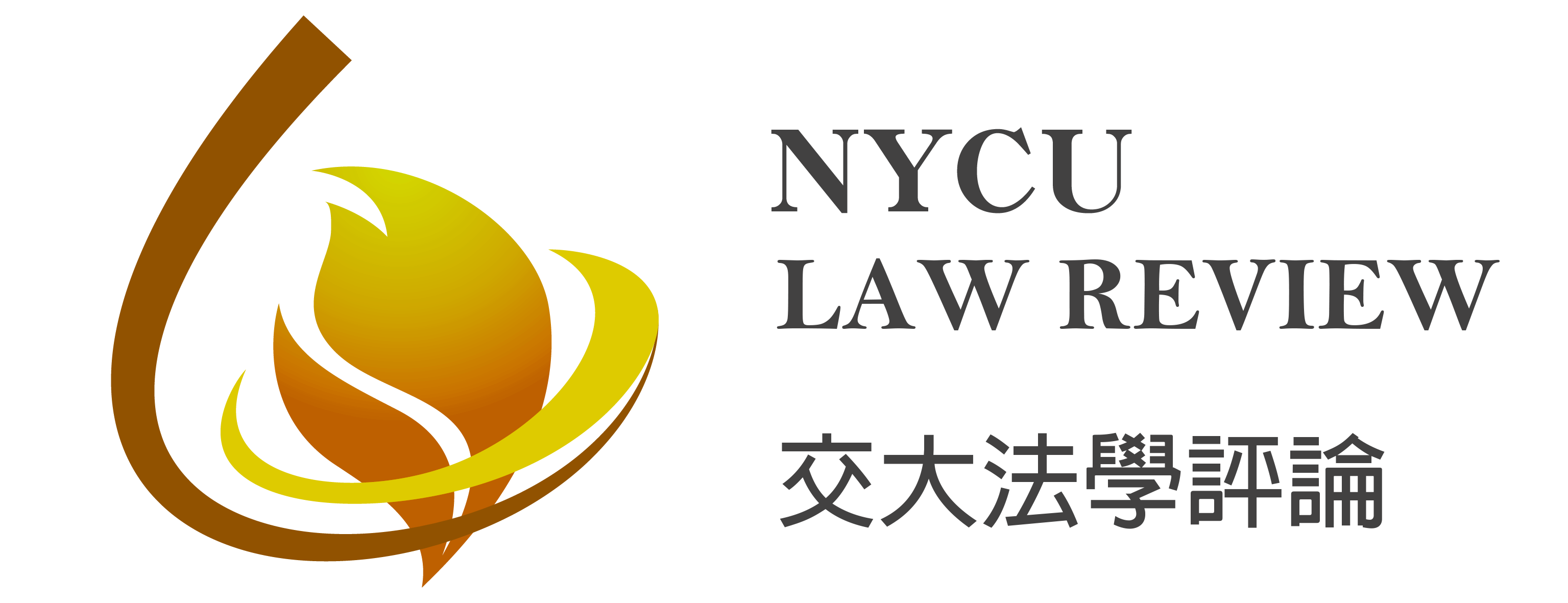| Title | |
| A New Insight on the Non-obviousness of U.S. Patent Law: The Objective Indicia Under the Same Conditions | |
| Author | |
| Yi-Hsien Liu | |
| Keywords | |
| Obviousness, Hindsight Bias, Synergy Test, TSM Test, Obvious-to-Try, Secondary Consideration, Patent, Empirical Study | |
| Abstract | |
| The test of obviousness has long been a problem which the courts and scholars in U.S. are trying to resolve. This Article argues the objective indicia and the timing of invention should have priority when considering nonobviousness, because these factors can demonstrate the conditions at the time the invention was made and therefore fit the requirement of Section 103 of Patent Law. Hence, this Article tries to merge “Secondary Consideration” mentioned in Graham case by Supreme Court with “the Timing Approach” raised by scholar, and argues if there are objective evidences to prove that the person having ordinary skill in the art faces the same conditions of invention, only the inventor can resolve the problem successfully while others cannot, then the invention can be reasonably seen as nonobvious. The most contribution of this research is overcoming problems of previous tests of nonobviousness, especially the hindsight problem which was still not solved in KSR case. |
|
| Abstract | Article |
|
265 Downloads |
592 Downloads |
